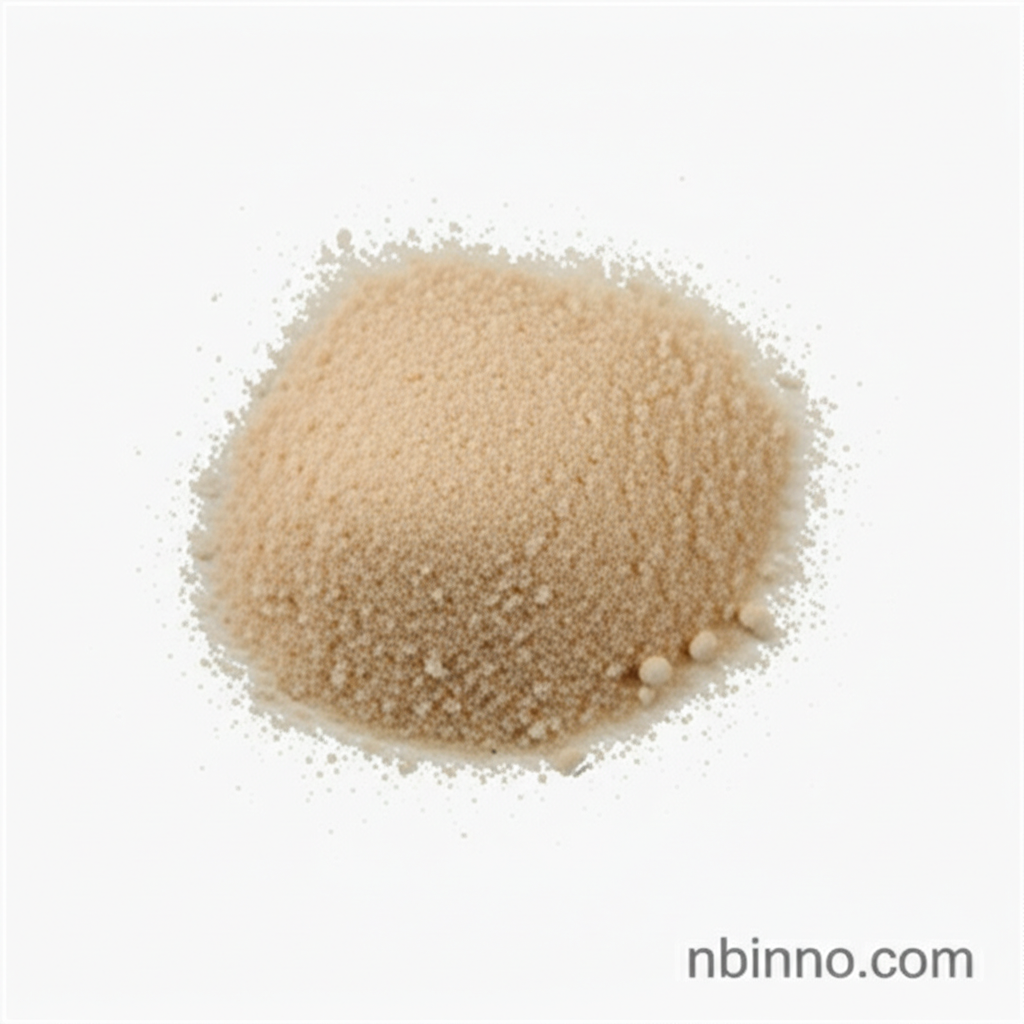Discover N-(4-fluorophenyl)-N'-(4-hydroxyphenyl)cyclopropane-1,1-dicarboxamide
Explore the synthesis, properties, and critical role of this compound in pharmaceutical research and drug development.
Get a Quote & SampleProduct Core Value

N-(4-fluorophenyl)-N'-(4-hydroxyphenyl)cyclopropane-1,1-dicarboxamide
This compound serves as a crucial intermediate and impurity reference standard in the pharmaceutical industry, particularly in the context of cancer therapeutics like Cabozantinib. Its unique cyclopropane structure with aromatic substituents offers insights into structure-activity relationships and aids in rigorous quality control.
- Gain insights into advanced organic synthesis techniques with this complex molecule, understanding carbodiimide coupling for efficient amide bond formation.
- Leverage this compound for crucial impurity analysis in drug development, ensuring the safety and efficacy of pharmaceutical products.
- Explore its potential biological activities, including antioxidant and antimicrobial properties, contributing to broader research in medicinal chemistry.
- Utilize this as a building block for novel drug discovery programs, particularly those targeting kinase inhibitors.
Advantages You Gain
Precision in Drug Impurity Profiling
Accurately identifying and quantifying impurities is vital for pharmaceutical compliance; understanding N-(4-fluorophenyl)-N'-(4-hydroxyphenyl)cyclopropane-1,1-dicarboxamide aids in meeting stringent regulatory standards for drugs like Cabozantinib.
Versatile Synthesis Intermediate
This compound's structure makes it an excellent intermediate for synthesizing more complex molecules, supporting advancements in medicinal chemistry and the creation of novel therapeutic agents.
Foundation for Structure-Activity Relationship (SAR) Studies
Studying the biological effects and properties of this cyclopropane derivative provides valuable data for SAR studies, helping researchers to design more effective and safer drugs.
Key Applications
Pharmaceutical Research
Essential for impurity profiling and quality control in the development of anticancer drugs, such as Cabozantinib, ensuring therapeutic safety.
Medicinal Chemistry
Serves as a vital building block and reference compound for exploring new therapeutic targets and optimizing drug candidates through structure-activity relationship studies.
Organic Synthesis
Provides a complex cyclopropane scaffold, enabling chemists to explore advanced synthetic methodologies and create novel molecular architectures.
Biochemical Studies
Investigated for potential antioxidant and antimicrobial properties, contributing to the broader understanding of small molecule bioactivity.
